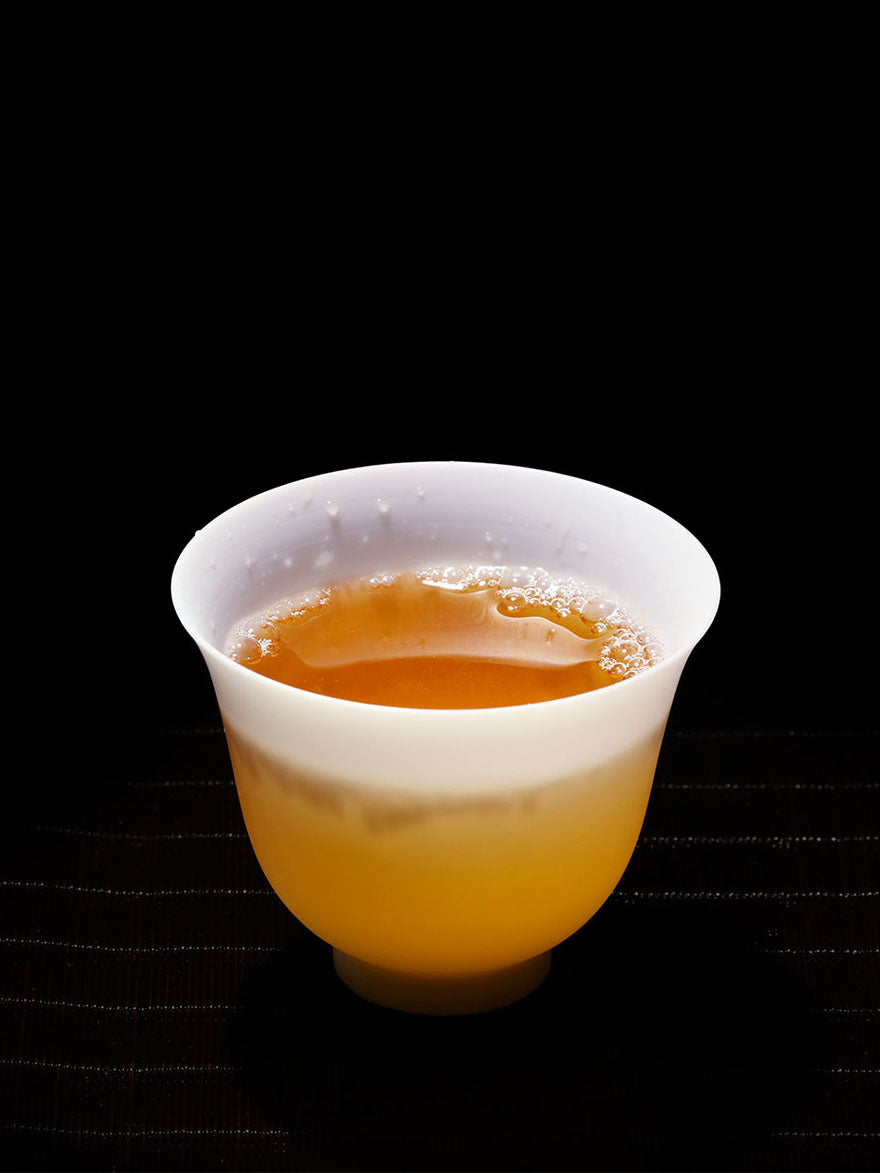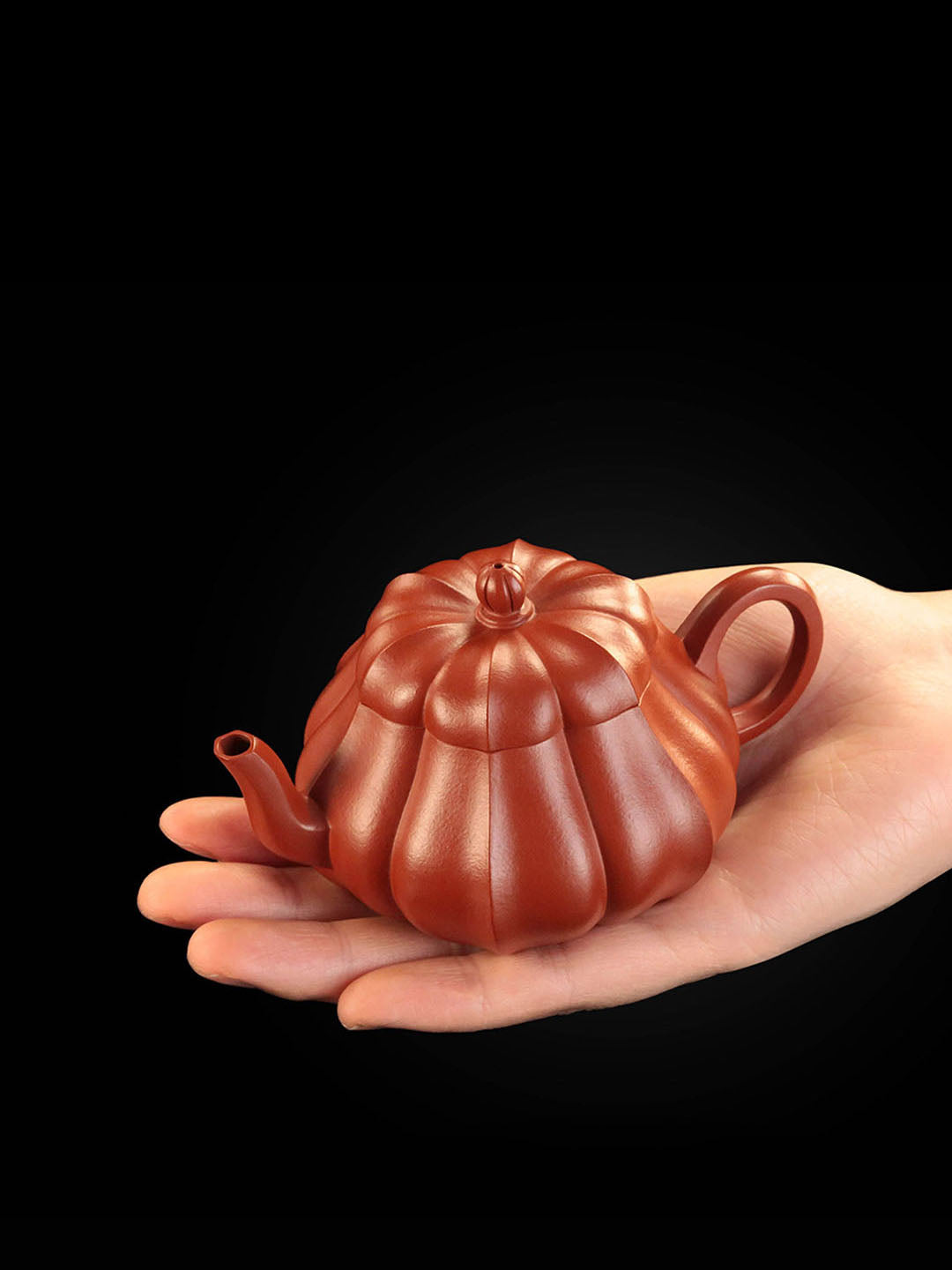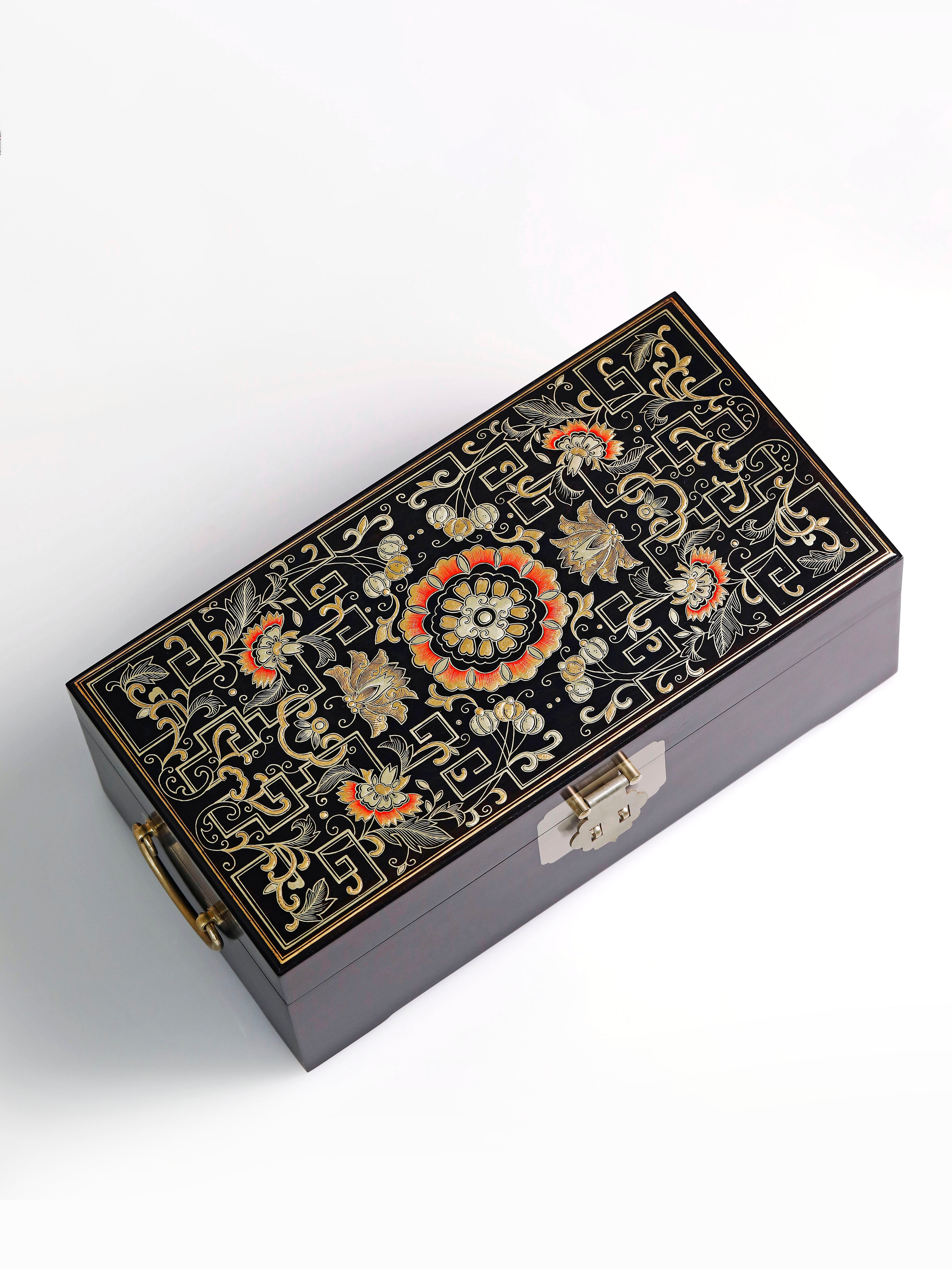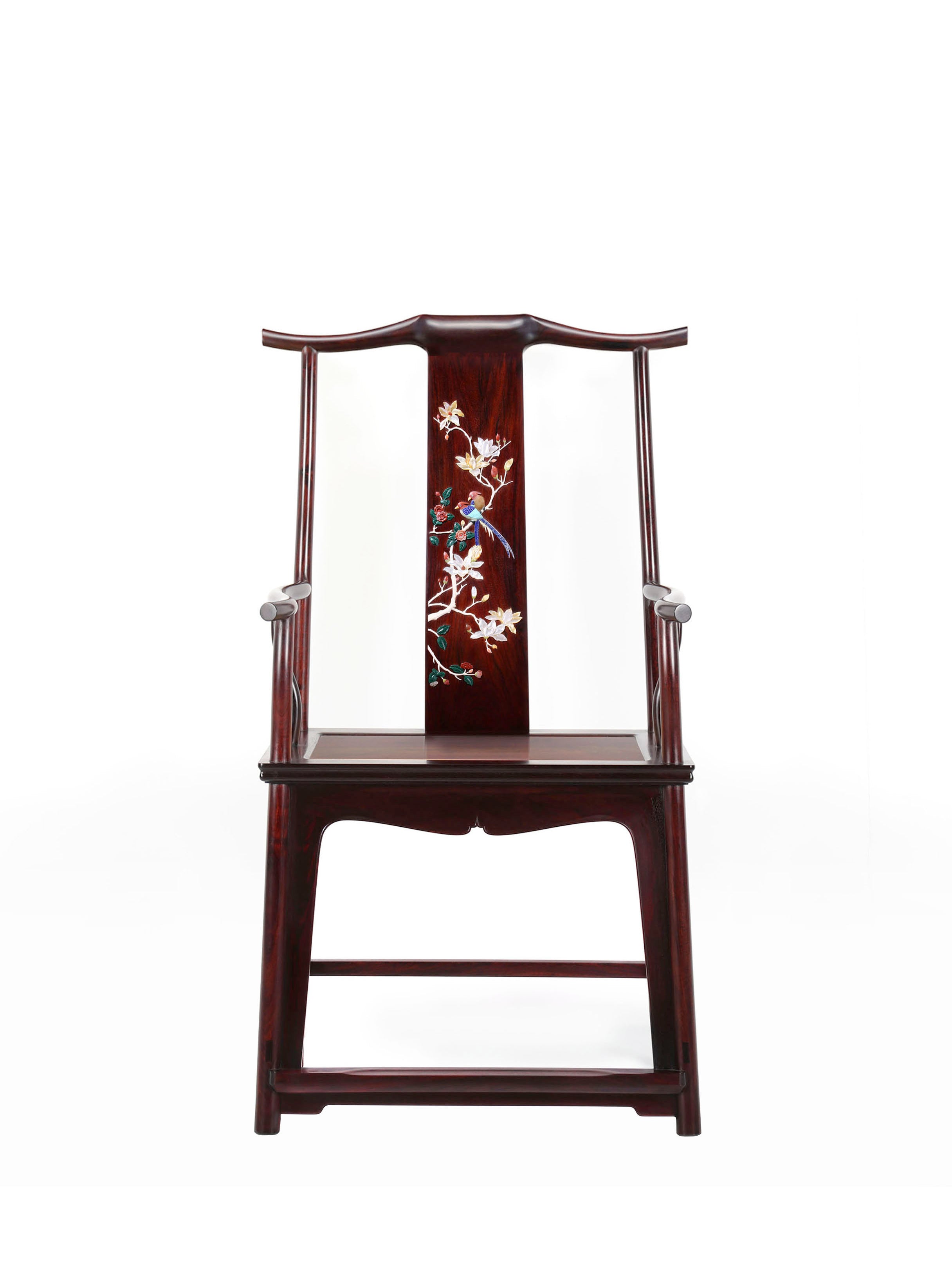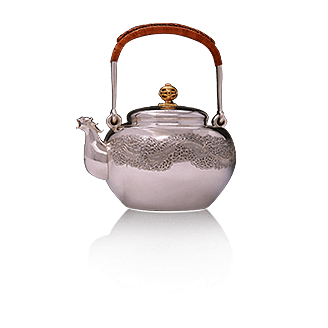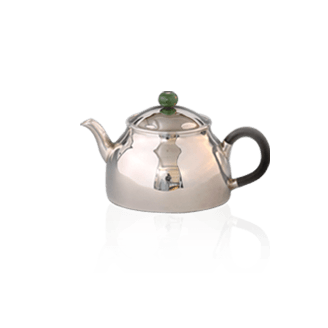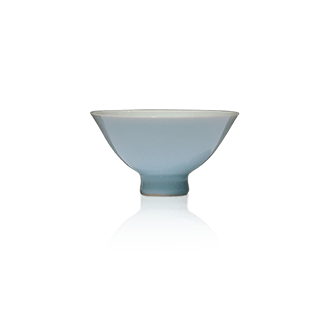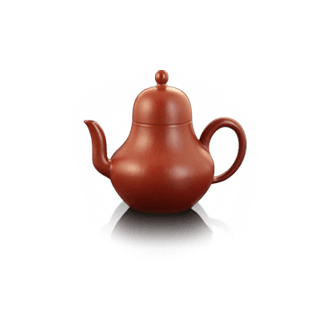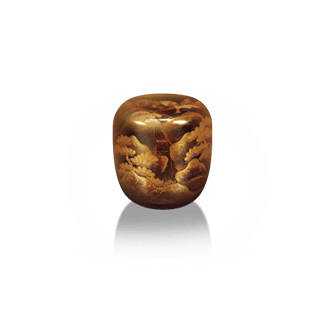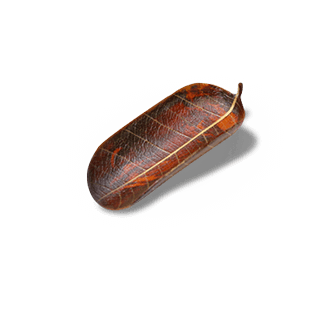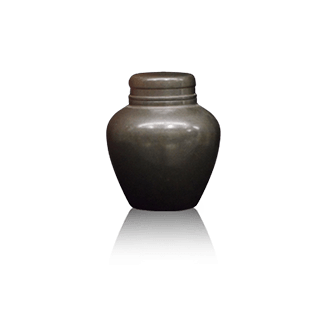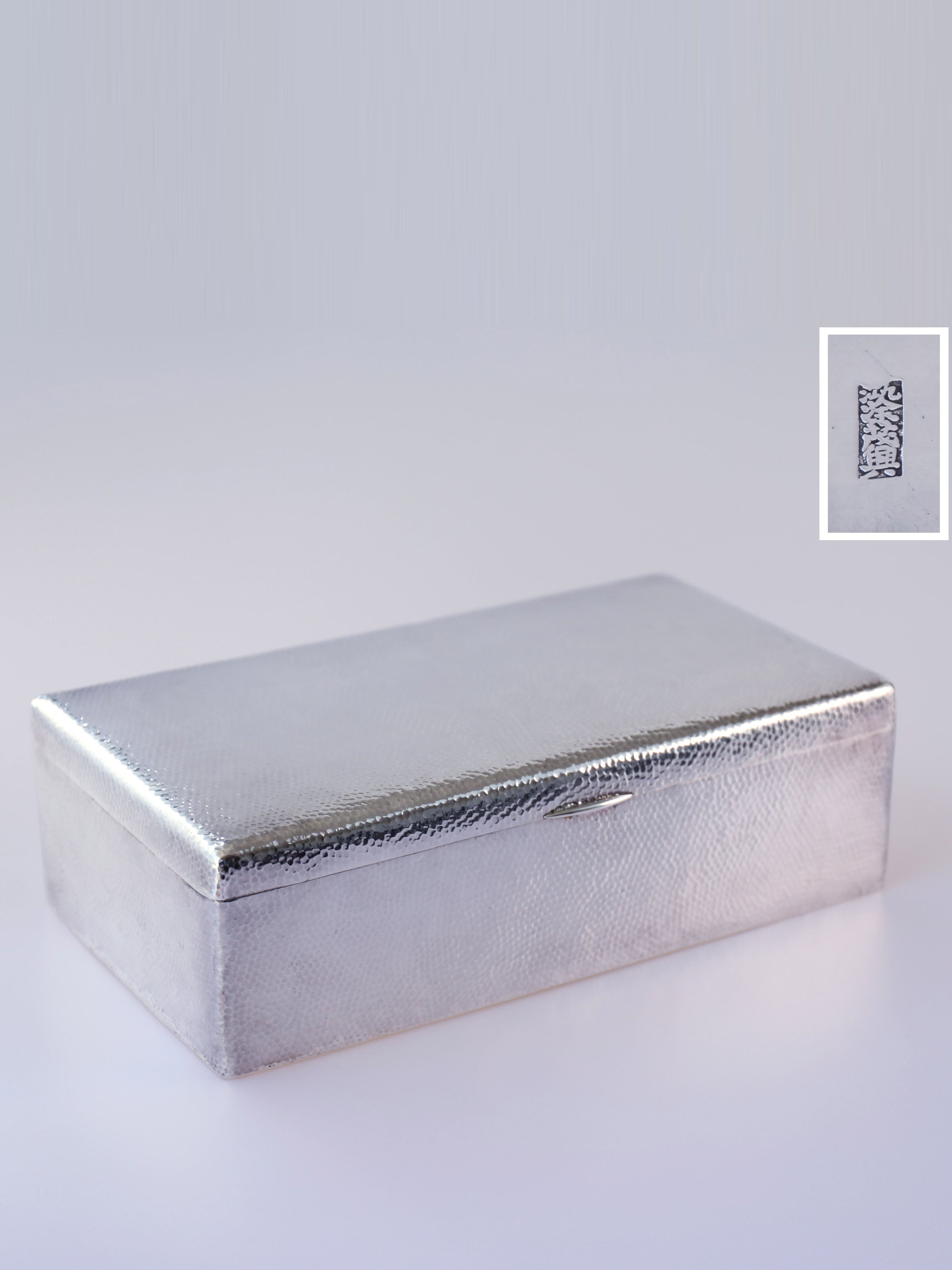
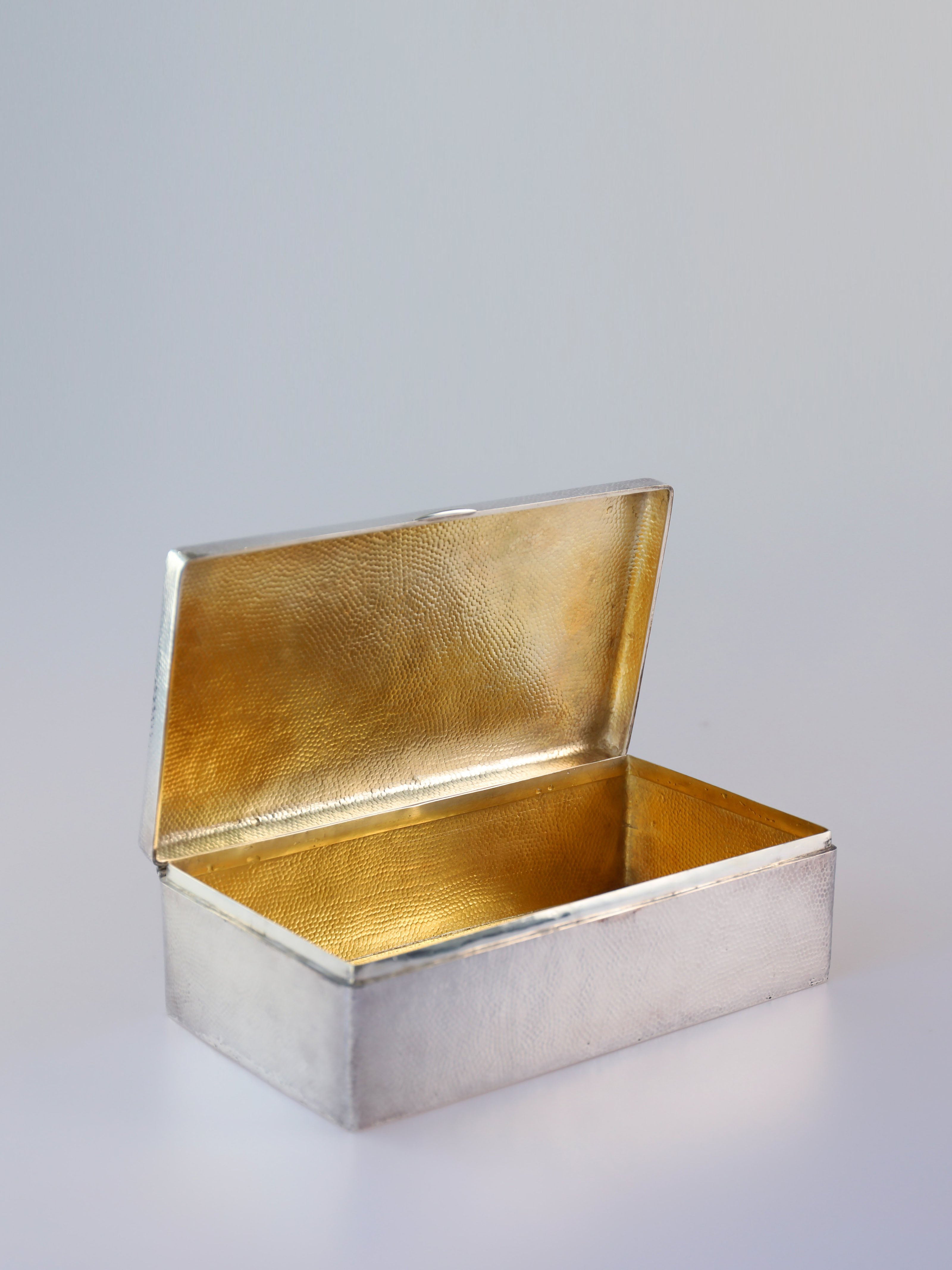
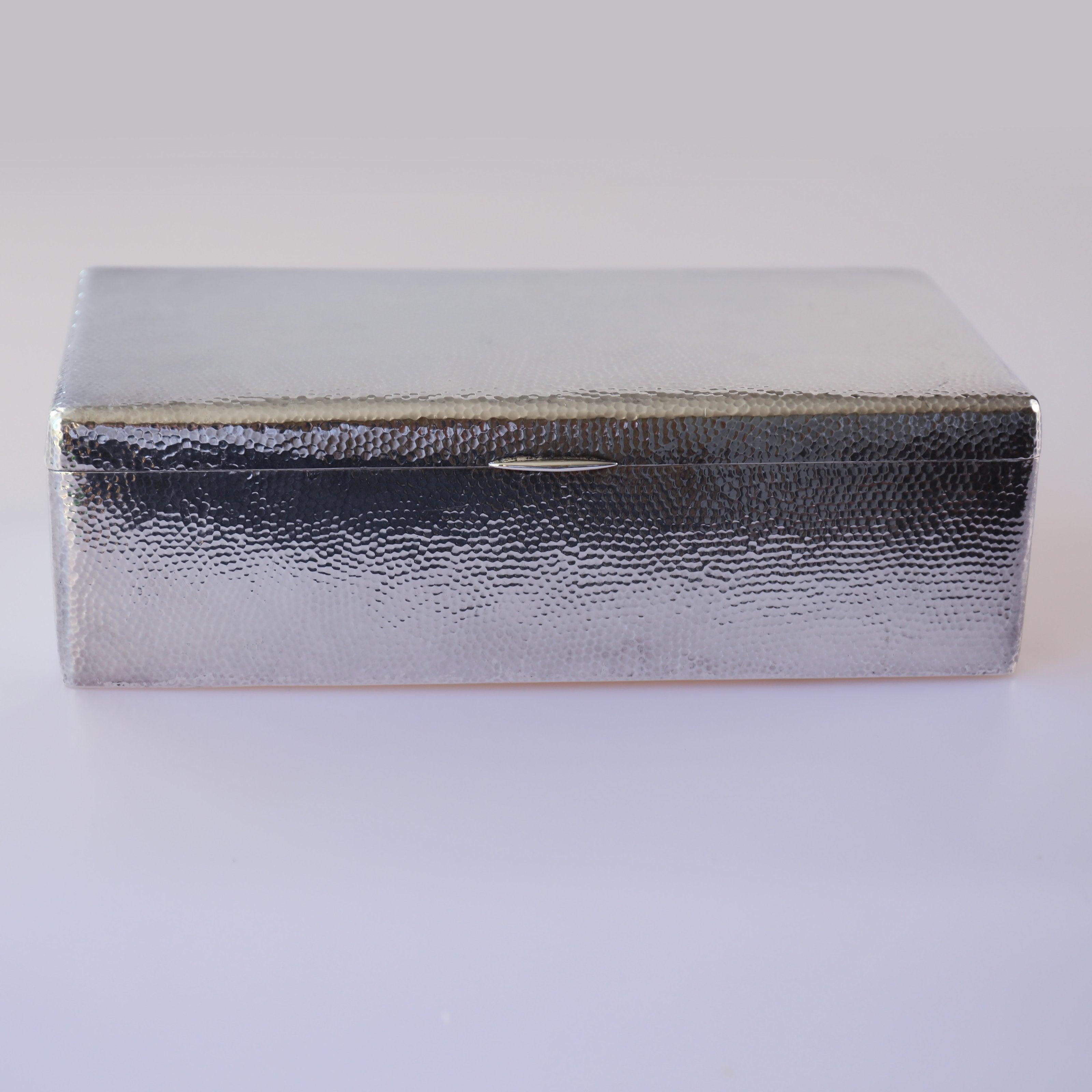
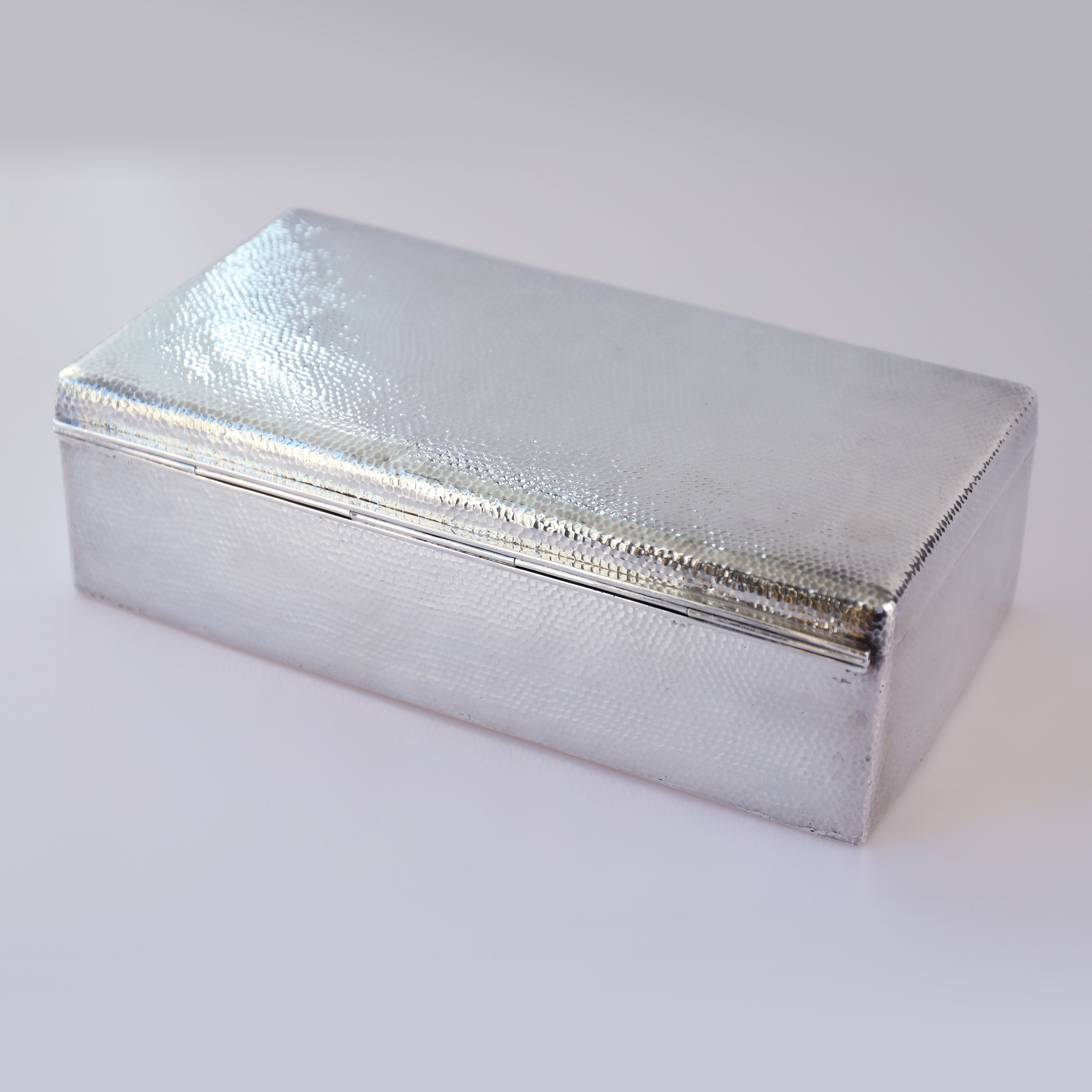
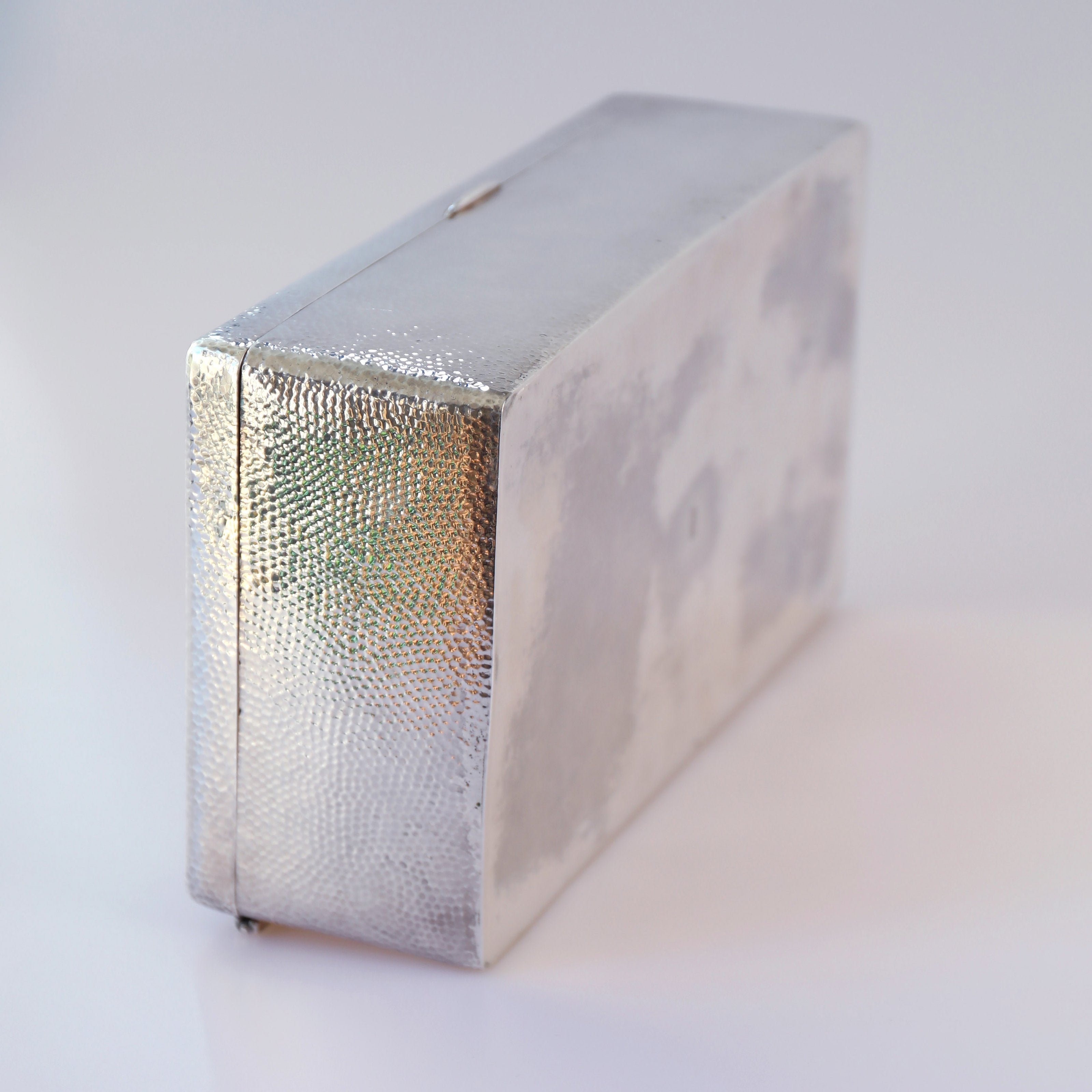
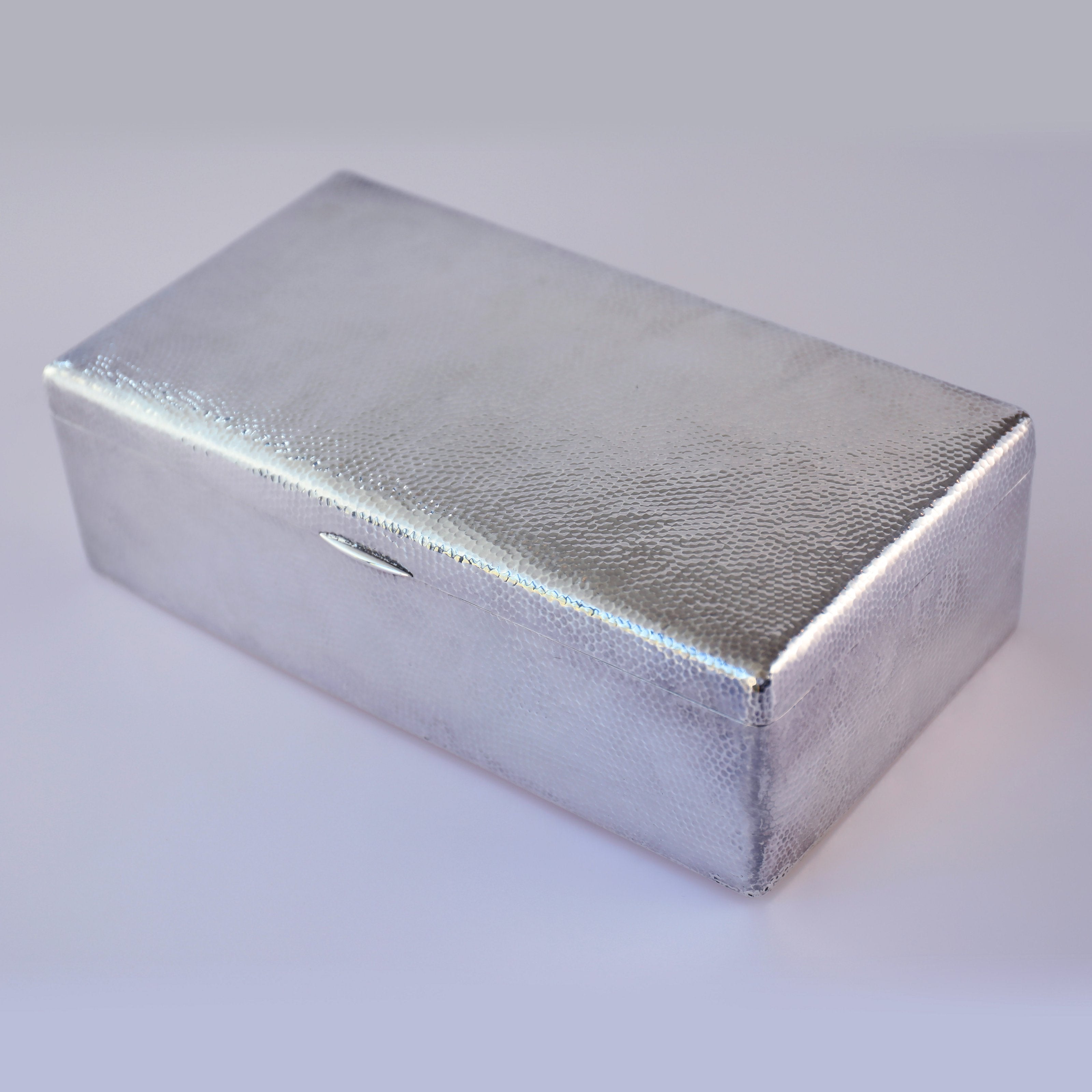
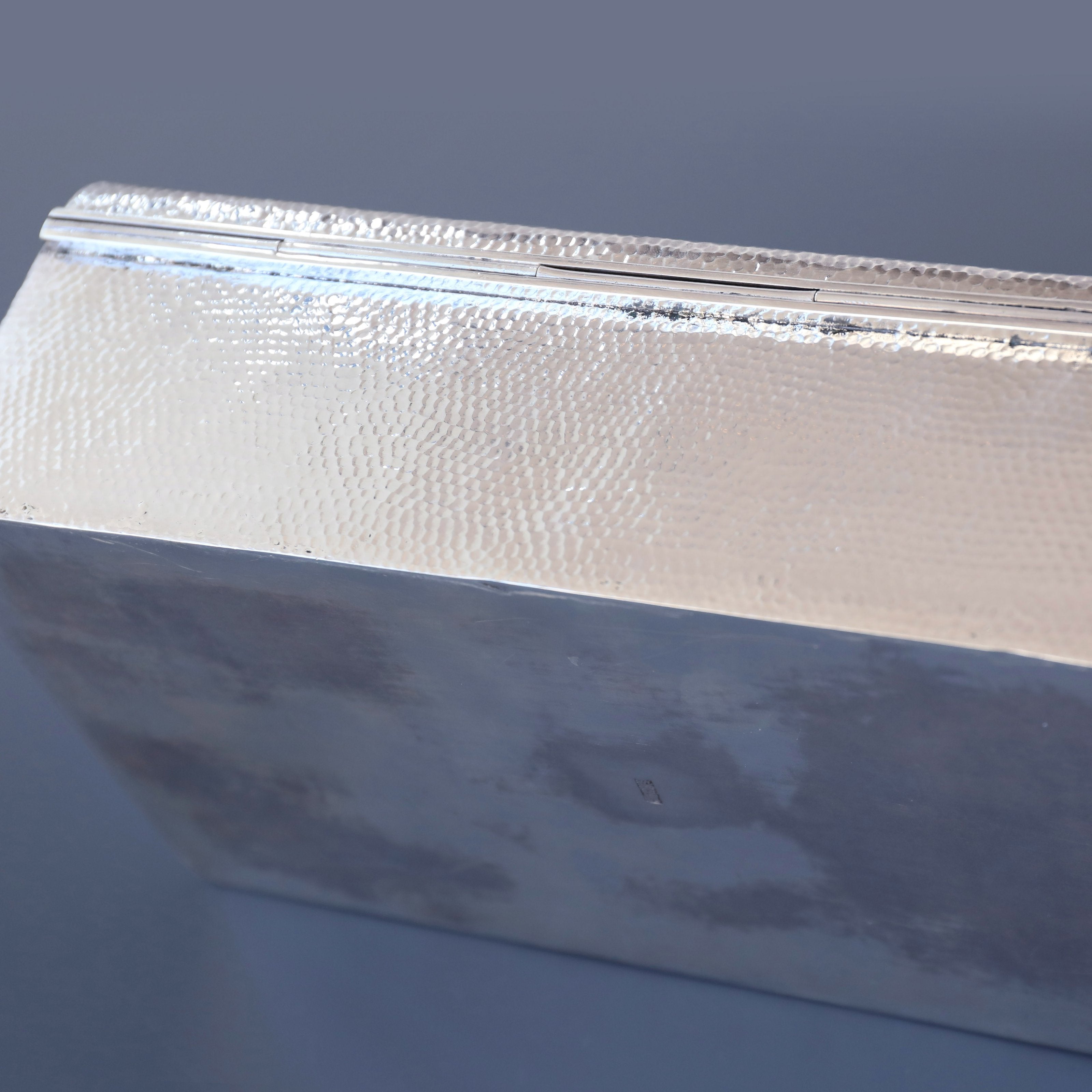
Large Chinese-made pure silver tea/cigar box









Large Chinese-made pure silver tea/cigar box
Large Chinese-made pure silver tea/cigar box
Weight: 1255.3 grams, Length: 27.5 cm, Width: 15 cm, Height: 8.2 cm
This rectangular, sterling silver cigar box features a simple, rounded design with smooth curves. The surface retains the hammered texture, resulting in a fine finish. A small, plain, fish-spine-shaped button adorns the center of the lid for easy opening. The silver box provides excellent sealing, keeping cigars fresh. The overall design is luxurious yet simple, making it highly practical.
Lost Chinese Silverware Overseas: Chinese-made silverware was taken to the West and scattered overseas for a century. Through generations of dispersal, it was once buried in the dust of history and even mistakenly believed to be made by Westerners. It was not until 1975, with the publication of the academic work "Chinese Export Silverware," that the concept of Chinese export silverware came into being, and people realized that these silverwares originated from ancient China.
The artifacts bear Chinese export marks (900+ silver marks), and while establishing working relationships with Shanghai silversmiths, the silversmiths also created a style distinct from that of Guangzhou and Hong Kong.
In ancient my country, where porcelain was a symbol of civilization, silverware was a niche item. Conversely, in ancient Europe and America, their nobility had a tradition of using elaborate silverware. This clear distinction in material civilization was broken down by the Qing Dynasty. Western objects flooded into China, and Western etiquette and customs began to spread. In port trading cities like Shanghai and Hong Kong, Western expatriates and the Chinese upper class used exquisite silverware, whether as gleaming tableware at banquets, or as vases, trophies, and other social gifts and souvenirs.
The ever-growing market demand inspired skilled silversmiths in my country to create stunning handcrafted silverware using traditional Chinese methods. The American silverware research masterpiece, *Chinese Export Silverware*, assesses it as: "The meticulous details and exquisite design of late Qing export silverware represent the pinnacle of traditional Chinese silverware art."
Soon, Chinese silverware found a larger market – being sold to the West.
After 1885, various technical products with a strong "Chinese style" became very popular.
The rise of "Chinese style" also has a deeper factor: after experiencing the cumbersome neoclassical decorative style of the 18th century, European and American countries tend to introduce organic forms and curves from nature into silverware design. This is exactly in line with the "harmony with nature" sought by traditional Chinese aesthetics.
Weight: 1255.3 grams, Length: 27.5 cm, Width: 15 cm, Height: 8.2 cm
This rectangular, sterling silver cigar box features a simple, rounded design with smooth curves. The surface retains the hammered texture, resulting in a fine finish. A small, plain, fish-spine-shaped button adorns the center of the lid for easy opening. The silver box provides excellent sealing, keeping cigars fresh. The overall design is luxurious yet simple, making it highly practical.
Lost Chinese Silverware Overseas: Chinese-made silverware was taken to the West and scattered overseas for a century. Through generations of dispersal, it was once buried in the dust of history and even mistakenly believed to be made by Westerners. It was not until 1975, with the publication of the academic work "Chinese Export Silverware," that the concept of Chinese export silverware came into being, and people realized that these silverwares originated from ancient China.
The artifacts bear Chinese export marks (900+ silver marks), and while establishing working relationships with Shanghai silversmiths, the silversmiths also created a style distinct from that of Guangzhou and Hong Kong.
In ancient my country, where porcelain was a symbol of civilization, silverware was a niche item. Conversely, in ancient Europe and America, their nobility had a tradition of using elaborate silverware. This clear distinction in material civilization was broken down by the Qing Dynasty. Western objects flooded into China, and Western etiquette and customs began to spread. In port trading cities like Shanghai and Hong Kong, Western expatriates and the Chinese upper class used exquisite silverware, whether as gleaming tableware at banquets, or as vases, trophies, and other social gifts and souvenirs.
The ever-growing market demand inspired skilled silversmiths in my country to create stunning handcrafted silverware using traditional Chinese methods. The American silverware research masterpiece, *Chinese Export Silverware*, assesses it as: "The meticulous details and exquisite design of late Qing export silverware represent the pinnacle of traditional Chinese silverware art."
Soon, Chinese silverware found a larger market – being sold to the West.
After 1885, various technical products with a strong "Chinese style" became very popular.
The rise of "Chinese style" also has a deeper factor: after experiencing the cumbersome neoclassical decorative style of the 18th century, European and American countries tend to introduce organic forms and curves from nature into silverware design. This is exactly in line with the "harmony with nature" sought by traditional Chinese aesthetics.







Frequently asked questions
Use the FAQ section to answer your customers' most frequent questions.
Order
Yes, we ship all over the world. Shipping costs will apply, and will be added at checkout. We run discounts and promotions all year, so stay tuned for exclusive deals.
It depends on where you are. Orders processed here will take 5-7 business days to arrive. Overseas deliveries can take anywhere from 7-16 days. Delivery details will be provided in your confirmation email.
You can contact us through our contact page! We will be happy to assist you.
